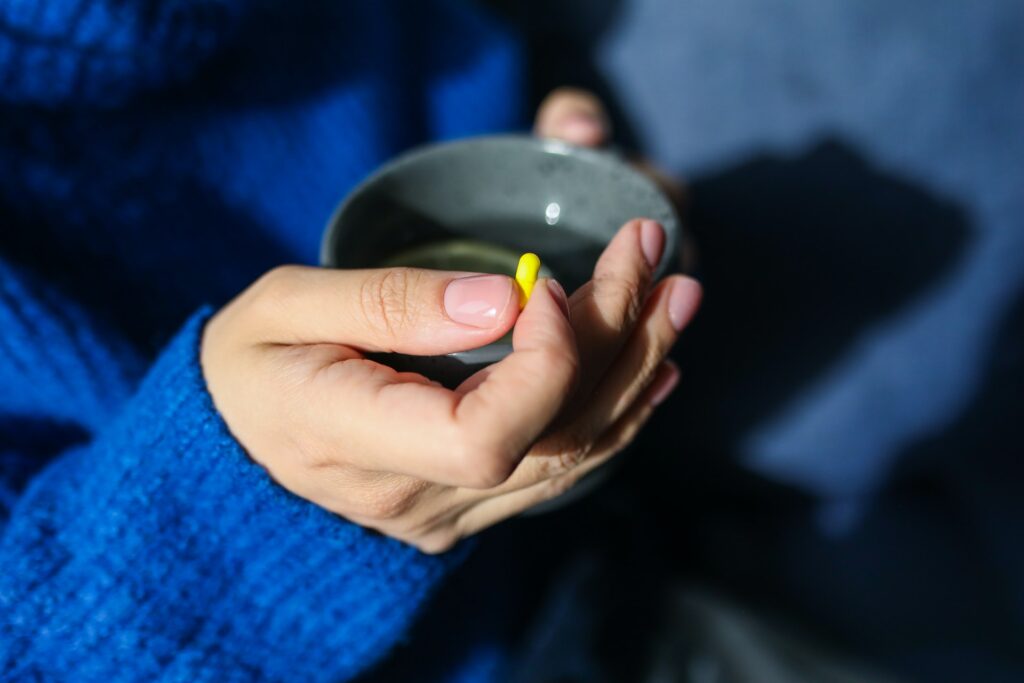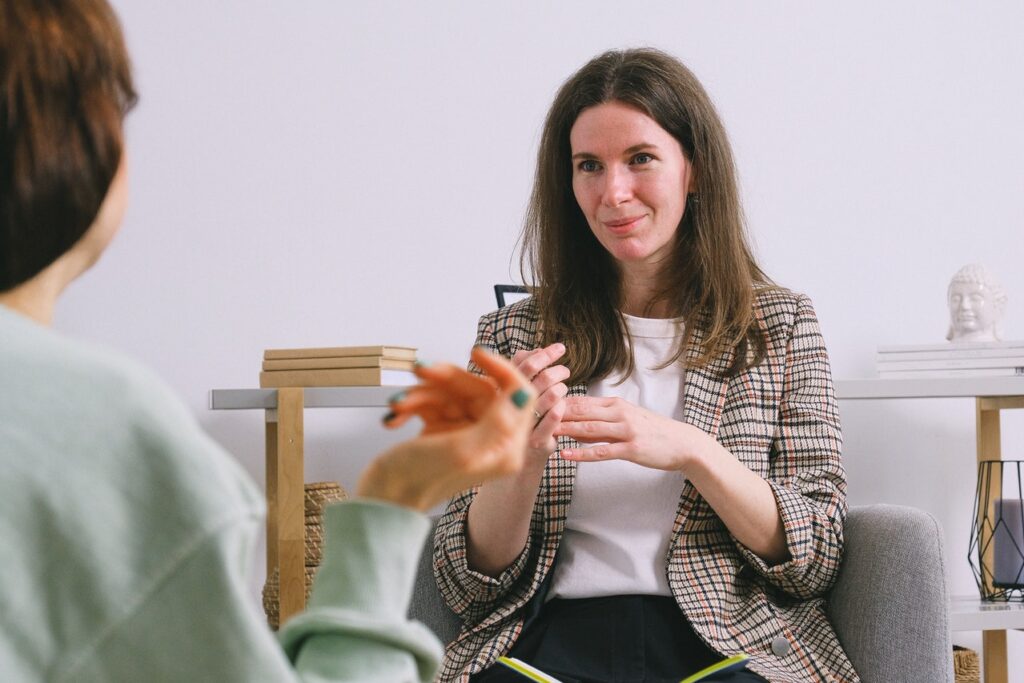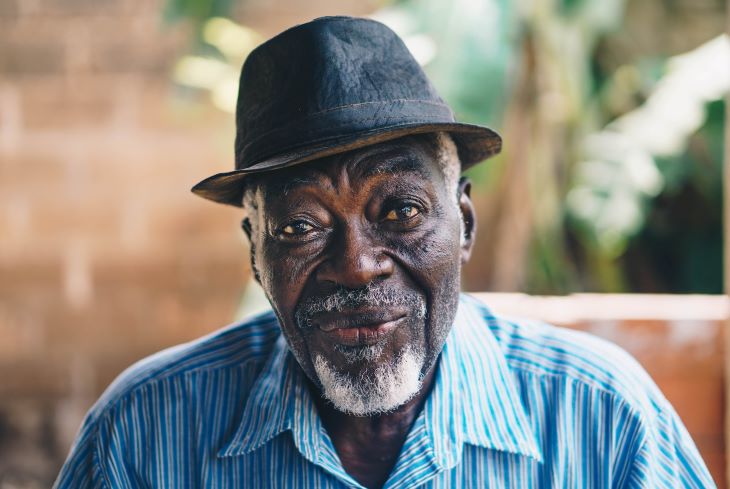Drug & Alcohol Rehab in Hayes
While Hayes has historically been located in Middlesex, it has since become part of Greater London and unfortunately experiences many of the same addiction-related problems afflicting the city.
The area surrounding Hayes has been featured in numerous statistical reports revealing the plight of residents, particularly concerning hazardous drinking.
Research conducted by the UK parliament [1] revealed in 2021 that 20% of adults in London were classed as drinking over the recommended alcohol limit each week.
Moreover, pockets of West London had a rate of over 800 alcohol-specific hospital admissions per 100,000 people.
On a more local scale, hospitals In Hillingdon, the borough in which Hayes resides, are becoming increasingly overwhelmed by the number of alcohol-related admissions.
The 2021 LAPE report [2] revealed that Hillingdon hospitals received 1,250 admissions for alcohol-specific illnesses such as liver failure and a further 1,139 for alcohol-related ailments.
This worrying trend is reinforced by worrying statistics from the rest of the UK, especially regarding the number of young people suffering from substance use disorders.
One UK Government report [3] revealed that in 2020-2021, 4,459 young people (41% of those in treatment) said they had a problem with alcohol, while a further 9,832 presented for cannabis addiction treatment.
What is Drug and Alcohol Addiction?

While Substance Use Disorders are a noteworthy health issue in the UK, many people continue to perpetuate stigmas surrounding addiction as a choice.
Many health authorities, including the NHS and DSM-5, agree that while substance use starts as a choice, it can develop into a brain disease that is out of the person’s control [4].
Due to these brain changes, SUD victims will find it almost impossible to quit long-term without the professional help of a drug and alcohol rehab in Hayes.
In essence, their brain has learnt to rely on drugs or alcohol for the production of dopamine: the neurotransmitter related to pleasure.
In its pursuit of dopamine, the brain will focus on anything related to substance use: causing debilitating cravings and compulsive use.
While the individual will start experiencing negative health consequences, the urge to use is simply too strong.
While substance use becomes a shortcut to reward stimulation, the brain quickly adapts to these substances and requires more to achieve this level of pleasure.
Increased tolerance means increased consumption until before the individual knows it, they have a physical dependence on drugs or alcohol [5].
At Rehab Recovery, we offer free advice from a team of non-judgemental professionals, many of whom are in recovery and understand how hard it can be to change your relationship with addiction.
For more information about rehab in Hayes, simply reach out to our 24/7, confidential hotline on 0800 088 66 86.
Drug and Alcohol Withdrawal

Especially if someone is in denial about the severity of their addiction, they might think that quitting is doable without the help of a drug and alcohol rehab [6] in Hayes.
However, when a SUD sufferer abruptly ceases consumption, aversive symptoms known as withdrawal can quickly derail their plans to stop using.
Myriad factors can affect how long symptoms persist and how severe they become: from the substance’s potency, how long it was used, and how quickly levels can be reduced.
Common withdrawal symptoms for many drugs include muscle cramps, a racing heart, uncontrollable shaking and headaches.
For alcohol addiction sufferers, unmanaged withdrawal can even lead to Delirium Tremens: a fatal complication known for producing seizures.
Withdrawal can also catalyse psychological symptoms that can be more long-term as the brain tried to regain average dopamine production.
Mental side effects often start with an initial drop in cognitive function and energy levels and can lead to anxiety, depression, agitation, sleeping problems, and paranoia.
Admissions Process into a Drug and Alcohol Rehab in Hayes

On top of the physical and mental discomfort they’re already feeling, the thought of entering rehab can be an additional source of anxiety for addicted individuals.
That’s why Rehab Recovery has organised a team of admissions navigators [7] ready to guide you towards a suitable drug and alcohol rehab.
Our 24-hour helpline will put you straight through to a Rehab Recovery team member who will listen to your concerns and offer guidance towards finding a solution.
They might also book you in for a pre-rehab screening conducted over the phone by one of our psychiatrists.
This evaluation helps us to build a profile of your clinical needs and personal preferences: allowing us to propose the right drug and alcohol rehab in Hayes for you.
For an estimated duration of 15-20 minutes, your caseworker will ask about any medical preconditions, mental well-being, home environment, and support system.
After you’ve been recommended a nearby clinic, you’ll have the chance to view the centre and make a decision based on your circumstances.
For SUD cases requiring urgent care, we’ll do our best to fast-track your admission and make sure you get the help you need as quickly as possible.
Dual Diagnosis Treatment in Rehab

Another important part of the rehab admissions process is for a psychiatrist to screen new patients for co-occurring disorders.
Individuals treating their SUD under a dual diagnosis [8] are battling another illness alongside their addiction: which is usually psychological.
Various studies have shown that over 50% of patients entering a drug and alcohol rehab in Hayes or elsewhere suffer from comorbidity.
Battling SUD and the symptoms arising from it is challenging enough, but when an illness such as anxiety, depression, or OCD is added into the equation, choosing residential rehab care becomes imperative.
Someone with co-occurring disorders is more likely to have chronic mental health symptoms and may require treatment for longer.
As such, a drug and alcohol rehab in Hayes will ensure each patient receives a psychological screening.
If a dual diagnosis is confirmed, treatment will be drawn up to include behavioural therapies that focus on emotional healing and reducing maladaptive thought patterns.
At Rehab Recovery, we offer free advice from a team of non-judgemental professionals, many of whom are in recovery and understand how hard it can be to change your relationship with addiction.
For more information, simply reach out to our 24/7, confidential hotline on 0800 088 66 86.
Medicated Detox at a Drug and Alcohol Rehab in Hayes

Before encountering other forms of treatment at a drug and alcohol rehab in Hayes, patients must break their physical dependence on a substance.
The phase of letting the body withdraw from drugs or alcohol [9l is known as detox, and it’s a process often accompanied by Medication Assisted Therapy.
For detox to be effective and withdrawal symptoms avoided, the tapering process should always occur in a structured, medically supervised environment.
This allows patients to focus fully on their recovery and not have to worry about encountering relapse triggers in this delicate stage of treatment.
To guide patients through withdrawal, rehab clinics offer customised tapering plans, nutritional support, holistic treatments, and the option to receive medications that have been approved for use during detox.
The type of medication prescribed depends on the person and their addiction, but various pharmacological interventions are commonplace.
Common examples include anticonvulsants, muscle relaxants, anti-sickness tablets, and addiction-safe forms of pain relief.
Patients with co-occurring disorders may also receive antidepressants or anti-anxiety medications to relieve them of long-term symptoms.
Therapeutic Treatment at a Drug and Alcohol Rehab in Hayes

With more research into SUD treatment [10] being carried out than ever, patients at a drug and alcohol rehab in Hayes have many methods to choose from.
From traditional, evidence-based therapies, to newer alternative methods, rehab clinics pride themselves in the selection they offer.
Common therapeutic modalities include:
- Cognitive Behavioural Therapy [11] (CBT): While CBT methodology has undergone many changes since its invention in the 1960s, its basic philosophies remain the same. By helping patients to change harmful thought patterns, CBT optimises relapse prevention by changing the cognitive distortions leading to substance use.
- Dialectical Behavioural Therapy [11] (DBT): This specialised form of CBT hones in on helping patients deal with extreme emotions and trauma. DBT at a drug and alcohol rehab in Hayes is recommended for those with trauma at the root of their SUD. They’ll learn to manage their emotional triggers through mindfulness and distress tolerance workshops.
- Holistic Therapy [12] (HT): Operating outside of mainstream medicine, HT complements psychotherapeutic treatments by ensuring the patient’s mind, body, and spirit are taken care of. Because SUD victims often enter care with poor physical, nutritional, and mental health, HT programmes help them to regain a healthy lifestyle. Participants can choose from mind-body therapies such as yoga, creative therapies such as art or music, and learn new skills such as cooking.
- Family Therapy [13] (FT): While families are the most important supportive system, addictive behaviours often cause relationships to sour and dynamics to change. As such, patients at rehab often opt to undertake Family Therapy in a bid to repair these relationships. Sessions are designed to target specific conflicts such as enabling behaviours, lost trust, long-standing arguments, and unhealthy ways of communicating.
At Rehab Recovery, we offer free advice from a team of non-judgemental professionals, many of whom are in recovery and understand how hard it can be to change your relationship with addiction.
For more information, simply reach out to our 24/7, confidential hotline on 0800 088 66 86.
Aftercare at a Drug and Alcohol Rehab in Hayes

Most rehab clinics encourage former patients to stay connected with their services by offering aftercare programmes.
Despite all the progress, you will have made at a drug and alcohol rehab in Hayes, the outside world is full of relapse potential, and it’s essential to take measures to cope with triggers.
Upon graduating from rehab, you’ll receive a bespoke aftercare service that’s free of charge, lasts for at least a year, and provides a comprehensive relapse prevention strategy.
You’ll be able to review the coping strategies you formed during rehab by continuing one-to-one therapy, or you might be recommended to join a weekly 12-Step programme.
Participating in Narcotics Anonymous [15], Alcoholics Anonymous [16], or communities such as SMART Recovery [17] allows people in recovery to continue working on coping mechanisms, and remain sociable in their recovery.
For former patients who are sceptical about joining a fellowship group in Hayes, 12-step facilitation therapy is often offered as part of rehab aftercare programmes.
During facilitation therapy sessions, an expert on the 12 steps will answer any questions you may have and ensure you feel ready to join a therapeutic community.
At Rehab Recovery, we offer free advice from a team of non-judgemental professionals, many of whom are in recovery and understand how hard it can be to change your relationship with addiction.
For more information about rehab in Hayes, simply reach out to our 24/7, confidential hotline on 0800 088 66 86.

References
[1] Alcohol Statistics for England, The House of Commons Library https://researchbriefings.files.parliament.uk/documents/CBP-7626/CBP-7626.pdf
[2] Alcohol Profile for Hillingdon, London https://fingertips.phe.org.uk/profile/local-alcohol-profiles/data#page/1/gid/1938132984/pat/6/ati/402/are/E09000017/iid/93763/age/1/sex/4/cat/-1/ctp/-1/yrr/1/cid/4/tbm/1
[3] Young People’s Substance Misuse Treatment Statistics, 2020 to 2021 Report https://www.gov.uk/government/statistics/substance-misuse-treatment-for-young-people-statistics-2020-to-2021/young-peoples-substance-misuse-treatment-statistics-2020-to-2021-report
[4] The Science of Addiction: From Neurobiology to Treatment https://www.google.co.uk/books/edition/The_Science_of_Addiction_From_Neurobiolo/8Ib9PRXDPIUC?hl=en&gbpv=0
[5] Substance Use Disorders: a Biopsychosocial Perspective https://www.google.co.uk/books/edition/Substance_Use_Disorders/X7H2DwAAQBAJ?hl=en&gbpv=0
[6] Principles of Drug Addiction Treatment: A Research-Based Guide (2nd Ed.) https://books.google.co.th/books?id=mtMdJ3qqSnQC&printsec=frontcover&dq=addiction+treatment&hl=en&sa=X&ved=2ahUKEwiDlMP3zob3AhXiwjgGHYJtDZ8Q6AF6BAgDEAI#v=onepage&q=outpatient&f=false
[7] Rehab Recovery: Meet the Team https://www.rehab-recovery.co.uk/meet-the-team/
[8] Co-occurring Mental Illness and Substance Use Disorders: A Guide to Diagnosis and Treatment https://www.google.co.uk/books/edition/Co_occurring_Mental_Illness_and_Substanc/vkQ4DwAAQBAJ?hl=en&gbpv=0
[9] Inpatient Detoxification for Drug and Alcohol Dependency https://www.google.co.uk/books/edition/Inpatient_Detoxification_for_Drug_and_Al/kFkFEAAAQBAJ?hl=en&gbpv=0
[10] Innovations in the Treatment of Substance Addiction https://www.google.co.uk/books/edition/Innovations_in_the_Treatment_of_Substanc/vzbzuAEACAAJ?hl=en
[11] Rehab Recovery: Cognitive Behavioural Therapy in Addiction Treatment https://www.rehab-recovery.co.uk/addiction-treatments/cognitive-behavioural-therapy/
[12] The Oxford Handbook of Dialectical Behavioural Therapy https://www.google.co.uk/books/edition/The_Oxford_Handbook_of_Dialectical_Behav/PE5yDwAAQBAJ?hl=en&gbpv=0
[13] Healing and Wholeness: Complementary and Alternative Therapies for Mental Health https://www.google.co.uk/books/edition/Healing_and_Wholeness/XM_CWVYE_KEC?hl=en&gbpv=0
[14] Rehab Recovery: Family Addiction Counselling https://www.rehab-recovery.co.uk/addiction-treatments/family-therapy/
[15] Rehab Recovery: What is Narcotics Anonymous? https://www.rehab-recovery.co.uk/addiction-treatments/narcotics-anonymous/
[16] Rehab Recovery: Alcoholics Anonymous https://www.rehab-recovery.co.uk/addiction-treatments/alcoholics-anonymous/
[17] Rehab Recovery: SMART Recovery, What Is It and How Can It Help? https://www.rehab-recovery.co.uk/addiction-treatments/smart-recovery-what-it-is-and-how-it-can-help/


